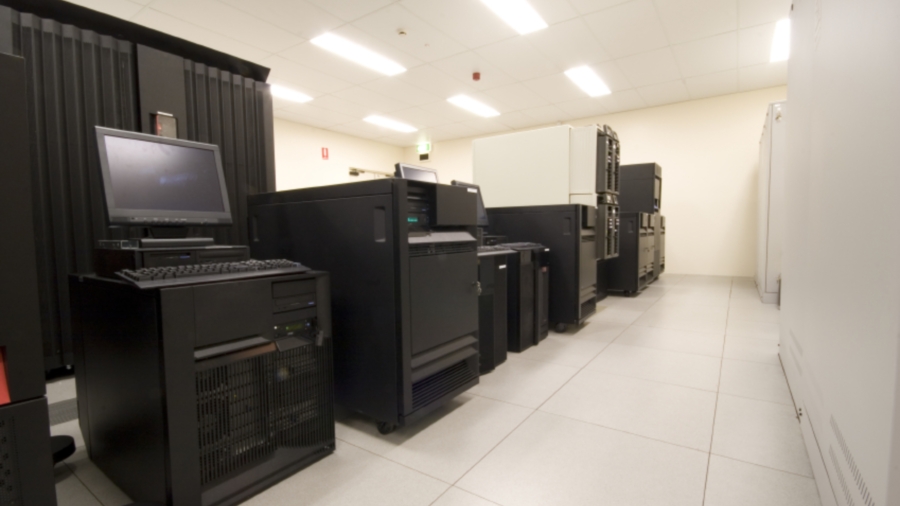From integration to cost: Why tape isn't dead
Big Data, big savings

Not all of us work in big data environments, but for those in sectors like media and entertainment, government, health services and education - as well as for cloud providers for whom data storage is a critical part of operations - minimising the costs of storing massive volumes of data is imperative.
For this reason, more often than not, tape is a fundamental component of any big data storage infrastructure.
Tape Storage Economy
It is widely known that the economics of tape storage are much better than they are for disk because the latter requires considerably higher amounts of energy to run (including spinning and cooling) than tape libraries.
In addition, the volume of data that can be stored on tape with excellent data integrity for, say, a decade, is also far greater than it is for disk for the same cost and length of time. For these reasons, the return on investment in tape is realised far more quickly than for alternative media.
Tape Storage Evolution
In spite of the above, traditionally tape has been seen as cumbersome and mostly suitable for long-term archiving rather than the kind of environment where data may be retrieved for analysis at some point so that the owner organisations can capitalise on its hidden value.
This way of looking at tape however is out-dated. Tape technology has been evolving, tape libraries have been revamped with increased performance and friendlier interfaces to make storing and archived data retrieval much more manageable for the end-user.
Through developments such as auto-tiering, integration of tape with other platforms is also becoming far more common, so that the more expensive SSDs can be used for primary data and tape is used for long term or deep storage of data that is not needed on a regular basis to provide a best of breed solution that gives users the lowest cost per GB for big data environments.
Sign up to the TechRadar Pro newsletter to get all the top news, opinion, features and guidance your business needs to succeed!
Modern libraries
Not only that but modern tape libraries provide over three times the density of older designs and with the strong roadmap for cartridge capacities, storage densities and cost per TB are continually falling.
While the big data boom continues, tape clearly has an important role to play in this market and by all accounts is alive and kicking.
- Steve Mackey is Spectra Logic's Vice President of Sales for International and is responsible for the company's business outside of the U.S.A. He is charged with building an outstanding team focussed on field execution as well as developing the company's channel partnerships.